
Blood-based vibrational spectroscopy shows promise as a screening tool for dementia.

Blood-based vibrational spectroscopy shows promise as a screening tool for dementia.

Persons with dementia can still retain the capacity to experience humor, joy, and mutual interactions. Therein lie the seeds of a new perspective on aging.
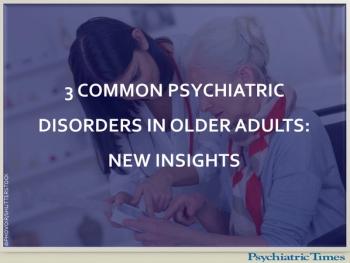
Are you up-to-date on the latest findings in mild cognitive impairment, dementia, and depression in elderly patients?

A look at the impact of shift work and long hours on cognitive function.
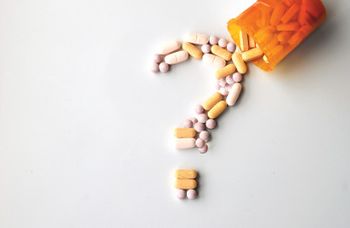
Recent findings challenge the notion that these agents can provide sustained protection against cognitive decline.

In this pilot study, older adults who practiced yoga did better on measures of verbal and visual memory and executive function than those in memory training classes.
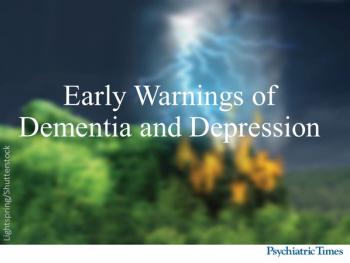
Among the clues revealed in 3 recent studies: brain amyloid, saliva biomarkers, and microvascular dysfunction.
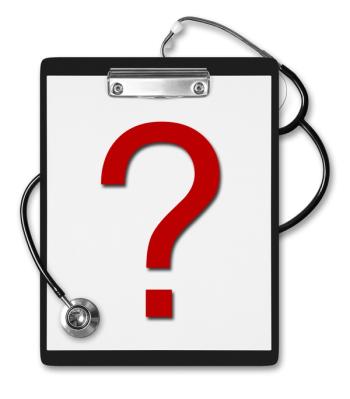
Alzheimer disease-or dementia with Lewy bodies? Recently revised consensus criteria can help you solve this diagnostic dilemma.

Although high blood pressure may put patients at risk for dementia, a class of antihypertensives appears to have a preventive effect.
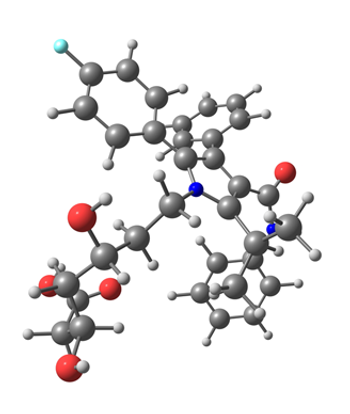
The genetics of dementia, dyslipidemia, and diabetes may hold the key to preventive therapy.
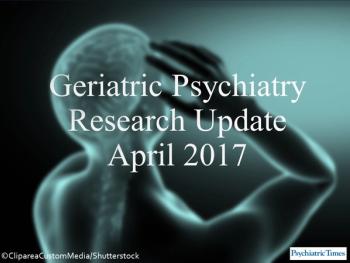
Three recent studies on dementia show antioxidants lack preventive effects, autoimmune disease hospitalization is a risk factor, and cognitive stimulation has modest benefits.

The caffeine in your morning cup of java could pack a neuroprotective punch.
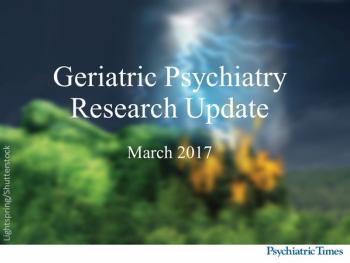
Insights from 3 recent studies on the benefits of mental stimulation for mild cognitive impairment, effect of brain stimulation on memory, and risk of dementia in men with sleep apnea.

Can cardiovascular fitness help older adults ward off dementia?
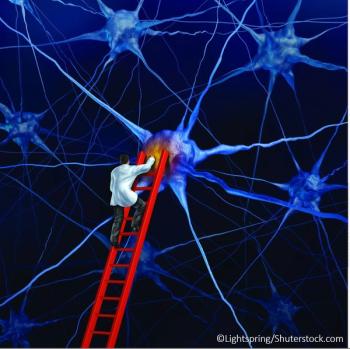
New research shows it’s not “all in your head”-it’s also in your gut.
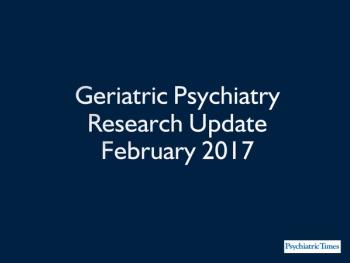
Highlights of 3 recent studies that focus on psychiatric disorders in older adults.
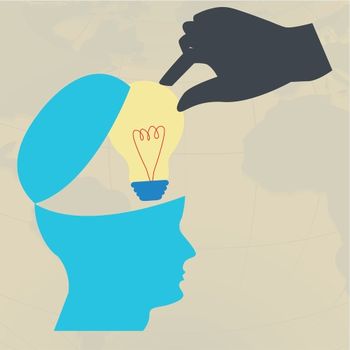
The goal of clinically relevant detection of neuropathological hallmarks may be in sight.
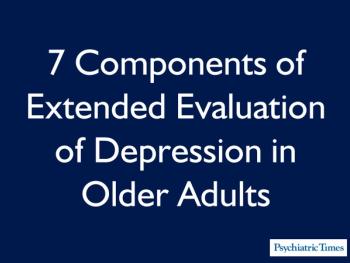
The co-occurrence of depression and cognitive impairment doubles every 5 years after the age of 70. Here we present a list of elements in a comprehensive and extended evaluation of depression in the elderly.
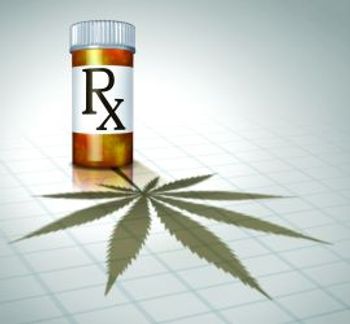
“Doctor, will you prescribe medical marijuana for my mother? I think it might help her agitation better than the medication you gave her last visit.”

Older adults seem willing to take a hypothetical predictive test-and plan accordingly.
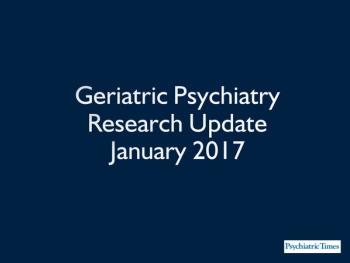
Three new studies offer insights into psychiatric disorders in the elderly.

For up to 60% of patients with bipolar disorder, simply treating their mood symptoms is not enough to help them return to a full life.
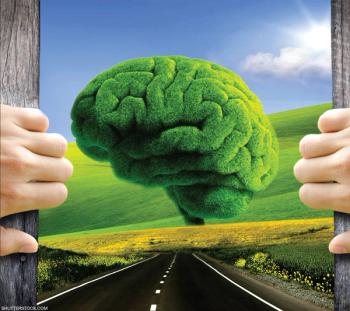
Can't keep up with the literature? Here's some help.
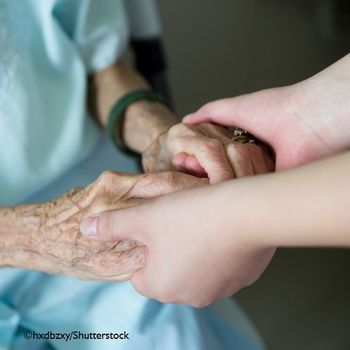
When agitation and psychosis symptoms are severe, is an antipsychotic medication an option? Not always.

The latest research on the global risk of Alzheimer disease and other dementias.